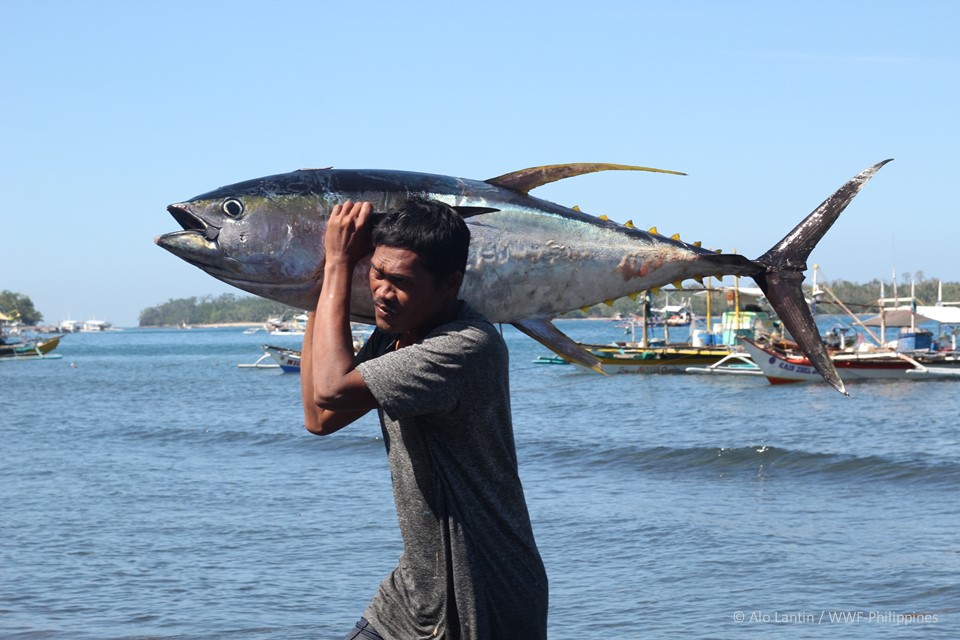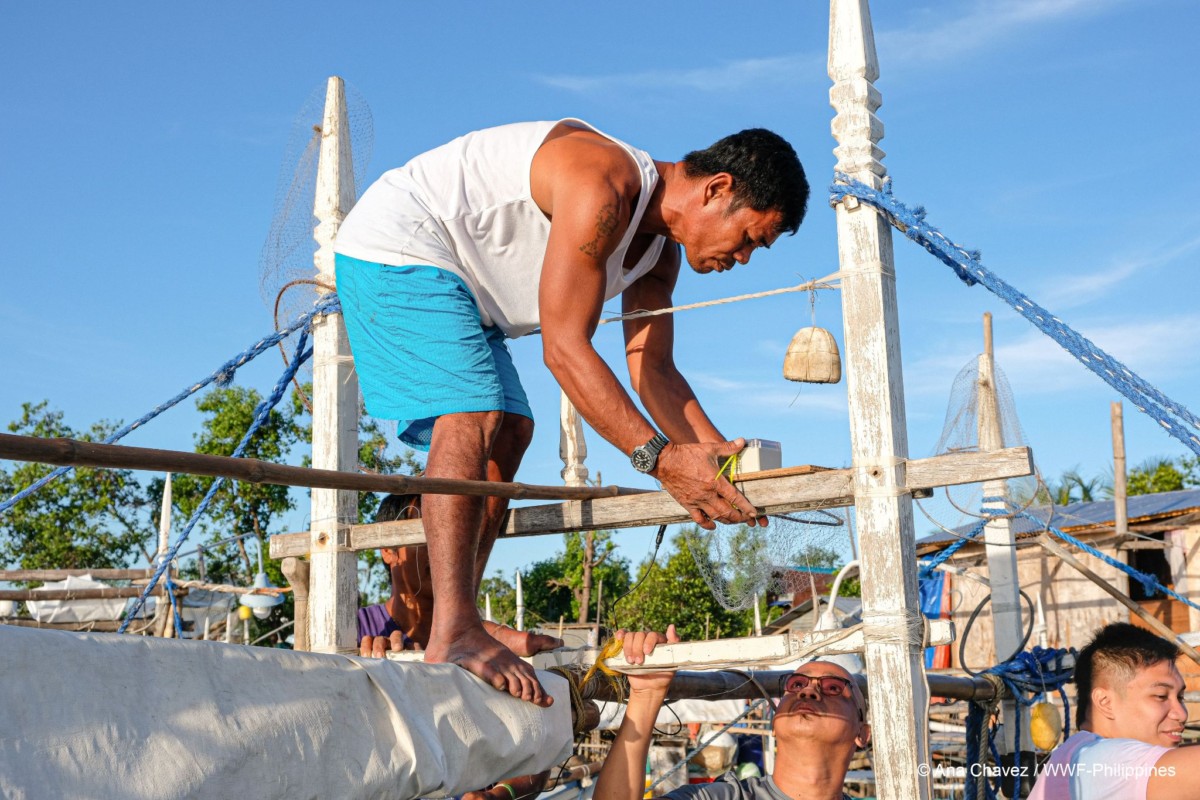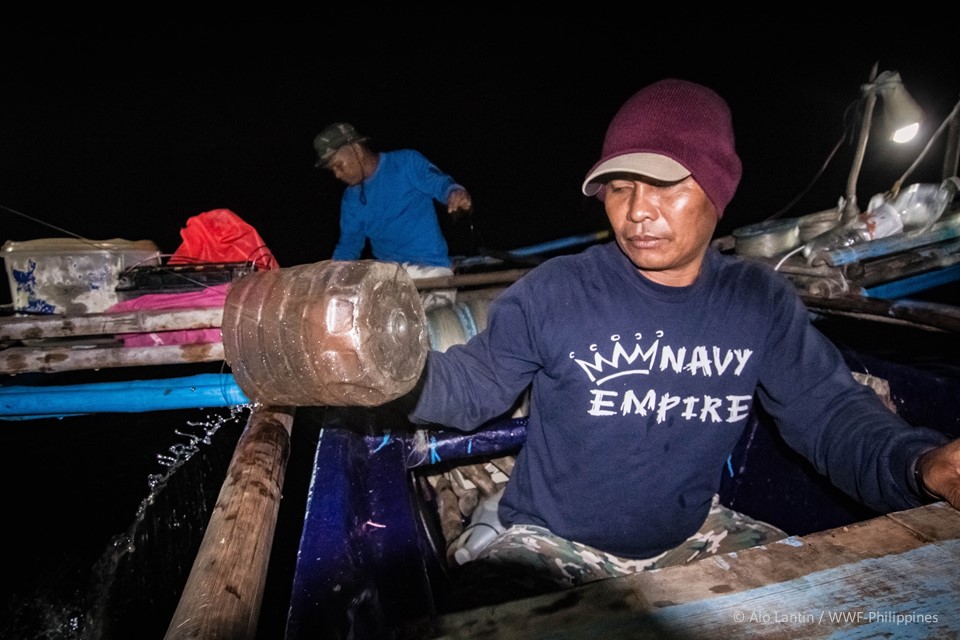In ocean conservation, we must look at people, too
May 2021
A 2018 report from the United Nations Food and Agriculture Organization (UN FAO) found that over 30% of the worlds’ fisheries are overexploited. This is a large number. The goal, however, should be to increase the wins made by sustainable fishing. Why? For the sake of the millions of people across the globe who depend on fishing for their daily life.
Illegal, unregulated and unreported (IUU) fishing has led to the destruction of many marine ecosystems, and fishery overexploitation is a real threat to life in our oceans. More needs to be done to address this. In exploring the problems of the fishing industry, we need to propose - and work - for solutions that are feasible, keeping in mind the millions of people who are looking at the sea for their livelihood.
NGOs, fisheries scientists and civil society groups alike have been working with businesses and lobbying with governments for policies and practices that safeguard fisheries without jeopardizing those that rely on them. These efforts have posted results - the 2018 UN FAO report states that almost two thirds of the worlds’ fisheries are at sustainable levels, meaning fish is being caught at a rate that does not sacrifice future catches and the survivability of target species.

It can take many nights for fishers to bring home a single market-worthy catch. Boycotting the fishing industry would deprive millions of the income they need to support themselves and their families. Photograph © Alo Lantin / WWF-Philippines
When we talk about solutions, we also need to speak about those who rely heavily on the fishing industry. This includes the billions worldwide who have seafood as part of their weekly diet – and the millions who rely on fisheries directly.
According to the UN FAO, 120 million individuals depend on fishery products for their livelihood. In nations like the Philippines, millions are heavily reliant on fishing, both as a source of livelihood and to meet their daily food needs. To stop eating fish is a simplistic solution that would deprive millions of their livelihood, sending many deeper into poverty.
In the Philippines, tuna fishers can go many nights without a single catch. Through the efforts of groups like the Pangingisda Natin Gawing Tama (PaNaGaT) Network, they have organized across borders to speak their concerns at national forums. Management plans are now in place in provinces like Mindoro, allowing fisheries to recover while permitting small-scale fishers to continue earning for their families. By connecting our fisheries to European markets, for whom sustainability is a big concern, small-scale fishers are able to earn much more off their meager catches with little impact to the environment. These fishers cannot simply leave behind their ocean livelihoods, but it is very possible to protect our oceans without sacrificing those who rely on them most.

A fisher attaches a GPS tracking device to his boat, to assist in the monitoring of fish catches. Fishers are partners in conservation, not enemies, and the best way to protect our seas is through solutions that put humans and nature first. Photograph © Ana Chavez / WWF-Philippines
Balance must be found between human activities and the restoration of our oceans. This is what scientists and conservationists have been working on for decades as they study supply chains and analyze the impacts we have on fisheries. Guided by science and in solidarity with fishers, many are working toward a balanced system where people and nature thrive. These efforts should be promoted and built upon. As real as the threat to our oceans may be, they cannot be solved without hearing from the experiences of those who rely on fisheries. We need to advocate for sustainability and for balance.
As we commemorate the Month of the Ocean, let us always remember that ocean conservation - real conservation work - centers on both people and nature. It cannot be done any other way.
For media arrangements, please contact:
Ms. Chezka Guevarra
Public Relations, Media, and Events Assistant Manager
cguevarra@wwf.org.ph
Ms. Angelica Pago
Integrated Communications Manager
apago@wwf.org.ph

